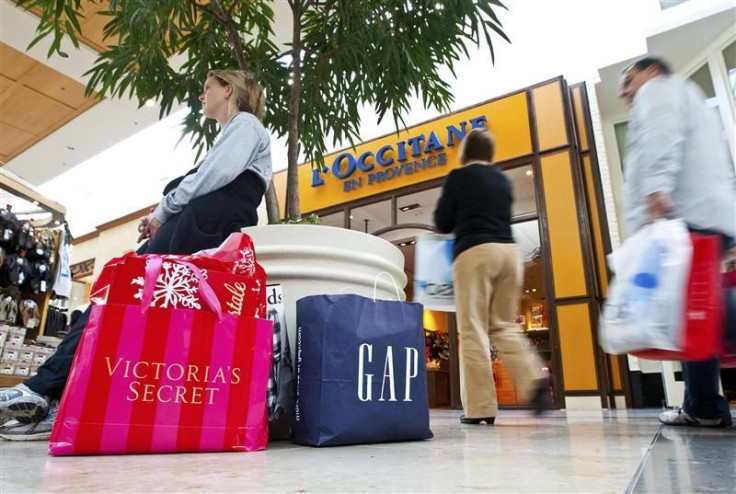What’s The Future Of Shopping Malls In America After COVID-19?
The retail landscape is changing as more and more stores go dark amid the pandemic. So, what will shopping malls look like after COVID is over?
Mall owner Macerich's recent sale may provide some insight into the future of malls. The company just sold a majority stake in its Paradise Valley Mall in Phoenix in a $95 million deal as part of a joint venture with a mixed-use real estate company RED Development.
The companies have big plans for the mall as they are looking to transform the 92-acre suburban site into a community that will feature “high-end grocery, restaurants, multi-family residences, offices, retail shops and other elements,” which it said will “better reflect local demand for a wider mix of offerings.”
“As the retail landscape continues to evolve here in Arizona and around the country, our decision to realize the market value of this non-core asset makes sense for Macerich,” Ed Coppola, president of Macerich, said in a statement.
The sale by Macerich may signal that the days of department and chain stores lining mall walkways are over as consumer shopping habits shifted during the pandemic. More shoppers are now looking online for their purchases and utilizing curbside pickup for orders as they opt to stay home during the COVID crisis.
Retailers have responded by reducing their brick-and-mortar footprints, announcing a number of store closures as foot traffic waned in recent months.
In March alone, Disney, Fossil, DSW, and JC Penney all said they would be closing stores in the coming months. In February, retailers didn’t fare any better as Sears, Kmart, Victoria’s Secret, Best Buy, and Fry’s Electrics also said they were shuttering locations.
Coresight Research has predicted that 25% of America’s estimated 1,000 malls will close by 2025, which is often accelerated by the closure of one or two department stores at the site, CNBC reported. This can create a domino effect as small shops fold, leaving a mall owner with few options other than to look for a new use for the property or sell it, the news outlet said.
Outside of Macerich, other mall owners have also struggled during the pandemic. PREIT and CBL & Associates Properties filed for bankruptcy protection last fall. Mall operator Washington Prime is also preparing for a bankruptcy filing, Retail Dive reported, and Mall of America’s lenders have taken an equity stake in the operator, according to Bloomberg.
Mark Toro, a managing partner at North American Properties, an Atlanta-based real estate developer, told CNBC, “America’s malls have reached the end of their useful life. Communities across the U.S. have turned their backs on what was once their center. These properties often occupy real estate that would best be repurposed to better serve the community.”
But many malls have already been repurposed for other needs. Amazon, for example, has taken up space at the Randall Park Mall in North Randall, Ohio, and the Euclid Square Mall in Euclid, Ohio, for distribution facilities, CNBC said. Over in Burlington, Vermont, a Macy’s department store has been converted into a high school, the New York Post said.

© Copyright IBTimes 2024. All rights reserved.











